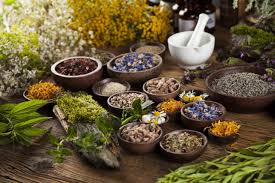
Natural Stress Relief Techniques: Herbs, Meditation & More
In today’s fast-paced world, navigating daily challenges often leads to heightened anxiety and tension. Seeking effective stress relief techniques becomes paramount for maintaining our well-being. Fortunately, there are numerous natural remedies and practices, from calming herbs to mindful exercises, designed to alleviate these pressures and restore balance to our lives.

Stress is an all-too-familiar companion. While eliminating all sources of stress may seem impossible, there are natural ways to effectively manage and reduce its impact on your overall well-being. In this post, we will explore a selection of herbs and remedies that have been used for generations to promote relaxation and reduce stress. Incorporating these natural solutions into your daily routine can lead to a calmer and more peaceful life.
1. Lavender:

Lavender is known for its calming aroma that can help reduce anxiety and promote relaxation.
– How to Use:
– Essential Oil: Add a few drops of lavender essential oil to a bowl of hot water and inhale the soothing steam or mix with a carrier oil and apply to your wrists, temples, or neck.
-Placing a sachet of dried lavender flowers under your pillow can also promote restful sleep and tranquility.
– Tea: Brew dried lavender flowers in hot water to make a soothing lavender tea.
2. Chamomile:
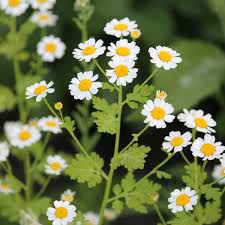
Chamomile is renowned for its calming effects. Chamomile has soothing properties that can help alleviate stress and improve sleep quality.
– How to Use:
– Tea: Experience its benefits by brewing a soothing cup of chamomile tea. Simply steep a chamomile tea bag or dried flowers in hot water for about 5 minutes or drink before bedtime. Sip slowly and feel the tension melt away. For an added sensory experience, inhale the steam as you savor your tea.
3. Valerian Root:
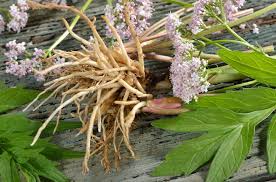
Valerian root is often used as a natural remedy for anxiety, relaxation, better sleep and stress due to its calming effects. It is available in various forms, including capsules, tinctures, and teas.
– How to Use:
– Tea: Brew valerian root tea by steeping dried valerian root in hot water.
– Capsules or Tinctures: Take valerian root supplements or tinctures according to package instructions.
4. Passionflower:
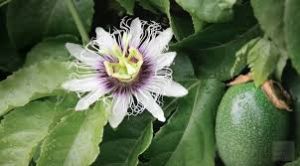
Passionflower is well-known for its anxiety-reducing properties. You can find it in supplement, tea, or tincture form. Be sure to adhere to the recommended dosage on the product label. Unlike some other remedies, passionflower generally does not cause drowsiness, making it suitable for daytime use.
– How to Use:
– Tea: Steep dried passionflower leaves in hot water to make a soothing tea.
– Tinctures: Take passionflower tinctures as recommended on the product label.
5. Ashwagandha:

Ashwagandha is an adaptogenic herb that helps the body cope with stress and reduce cortisol levels. Incorporate it into your routine by taking it in powder, capsule, or tincture form.
– How to Use:
– Capsules or Supplements: Take ashwagandha supplements as directed by the manufacturer or your healthcare provider. Ashwagandha can be taken at any time of day.
6. Lemon Balm:
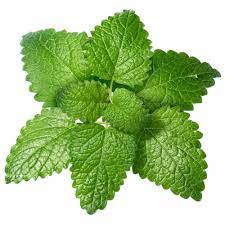
Lemon balm not only offers a gentle and calming effect on the nervous system but reduces stress and promotes relaxation.
– How to Use:
– Tea: Make lemon balm tea by steeping dried lemon balm leaves in hot water. Enjoy a cup of lemon balm tea or use a lemon balm tincture as directed on the product label. Unlike other remedies, lemon balm tea can be consumed throughout the day.
7. Exercise: Embrace Movement for Mind and Body:
Physical activity is not only beneficial for your body but also a natural stress reducer. Engage in at least 30 minutes of moderate exercise most days of the week. Activities like yoga, brisk walks, and cycling can help clear your mind and promote relaxation.
8. Mindfulness and Meditation:
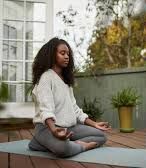
While not herbs, mindfulness techniques and meditation can effectively reduce stress. Engage in deep breathing exercises or set aside time for meditation to center your mind and find serenity.
– How to Use:
– Practice deep breathing exercises, guided meditation, or mindfulness techniques to calm your mind and relax your body.
9. Optimizing Your Diet for Stress Relief:
Achieving stress relief can be supported by maintaining a balanced diet that is rich in fruits, vegetables, and whole grains. These foods provide essential nutrients that aid in reducing stress levels. It is advisable to limit the consumption of caffeine and alcohol, as they can worsen stress and anxiety symptoms.
10. Seeking Personalized Guidance for Effective Stress Relief:
If stress has a significant impact on your daily life, it is beneficial to consult with a healthcare professional or therapist. They can offer personalized advice, recommendations, and potential treatment options to help you find effective stress relief strategies.
11. Aromatherapy:

Aromatherapy using essential oils can have a powerful impact on stress reduction.
– How to Use:
– Diffusers: Use an essential oil diffuser to disperse calming scents like lavender, chamomile, or bergamot throughout your living space.
– Inhalation: Inhale the aroma of essential oils by adding a few drops to a tissue or your palms and taking deep breaths.
Incorporating these natural herbs and remedies into your daily routine can help you better manage stress and find moments of tranquility. Remember that everyone’s journey to relaxation is unique, so experiment with different remedies and practices to discover what works best for you. By embracing these natural solutions, you’re taking proactive steps toward a calmer and more balanced life. Remember, individual responses to herbs and remedies can vary, and it’s important to consult with a healthcare professional before incorporating new herbs or supplements into your routine, especially if you have underlying health conditions or are taking medications. Additionally, maintaining a healthy lifestyle that includes regular exercise, a balanced diet, and sufficient sleep can also contribute to stress reduction.
Disclaimer: The information provided in this content is for general informational purposes only. It is not intended as medical or healthcare advice, diagnosis, or treatment. Always seek the advice of a qualified healthcare professional with any questions you may have regarding a medical condition or healthcare decisions.







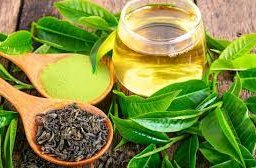







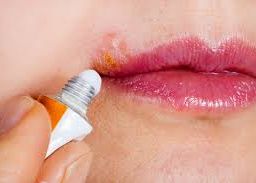

of course like your web site but you need to check the spelling on quite a few of your posts. A number of them are rife with spelling issues and I find it very bothersome to tell the truth nevertheless I’ll definitely come back again.
Very interesting information!Perfect just what I was searching for!
certainly like your web site however you need to test the spelling on several of your posts. Several of them are rife with spelling problems and I in finding it very troublesome to inform the reality then again I will definitely come again again.
I would like to thank you for the efforts you have put in writing this site. I’m hoping the same high-grade blog post from you in the upcoming also. Actually your creative writing abilities has inspired me to get my own web site now. Actually the blogging is spreading its wings fast. Your write up is a great example of it.